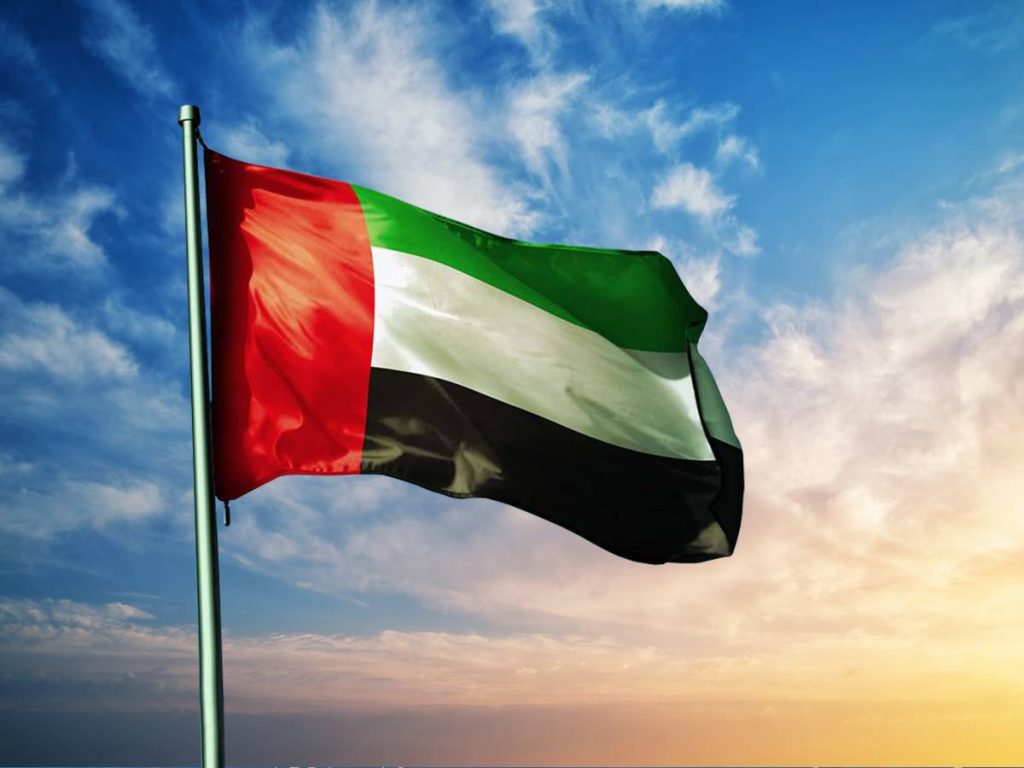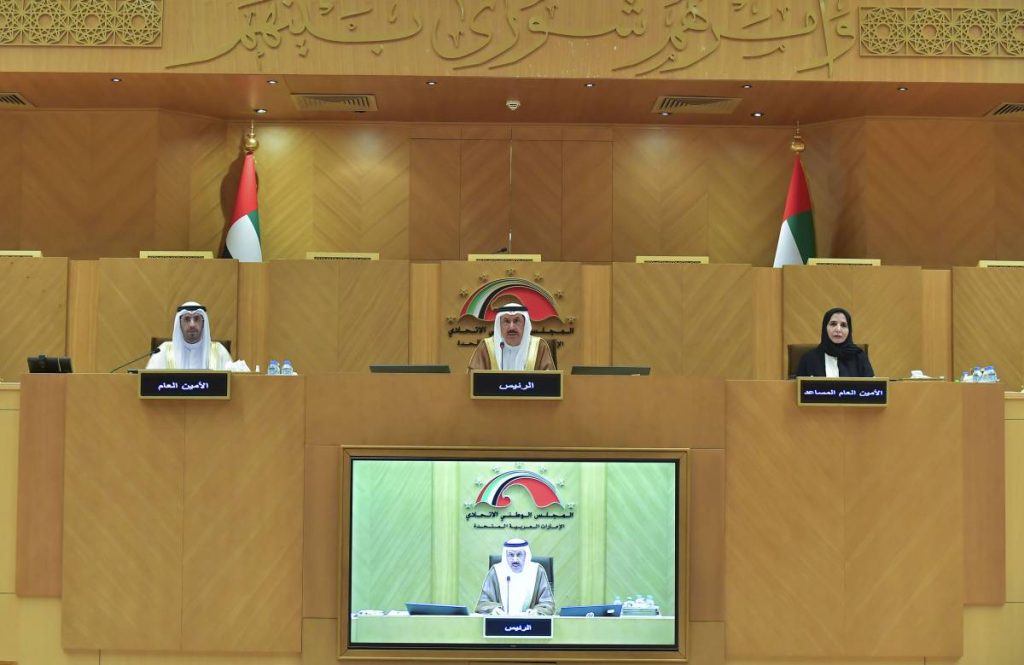
In its 2023 budget, Dubai continues to focus on social services and the development of the health, education and culture sectors…reports Asian Lite News
In his capacity as Ruler of Dubai, Sheikh Mohammed bin Rashid Al Maktoum, Vice President and Prime Minister of the UAE, has approved the Government of Dubai’s general budget for the fiscal cycle of 2023-2025, with total expenditures of AED205 billion.
The government’s total expenditures for the 2023 fiscal year are estimated at AED67.5 billion, which reflects the emirate’s economic recovery and boosts its ambitions to stimulate the macro-economy and support the objectives of the Dubai Strategic Plan 2030.
In its 2023 budget, Dubai continues to focus on social services and the development of the health, education and culture sectors. The budget also places high priority on the housing sector through Dubai’s Housing Programme as part of a plan for the next 20 years. The budget is also focused on developing the social benefits fund to support families, people of determination and people with limited income.

Projected revenues in 2023
As a result of the emirate’s rapid recovery from the consequences of the global pandemic, the Dubai government expects to achieve estimated public revenues of AED69 billion, an increase of 20 percent over the fiscal year 2022. The UAE and Dubai are among the countries and cities that have recovered the fastest from the global health crisis, which is evident in the increase in the volume of tourism flows and the high rates of air traffic and economic activity in the emirate.
Oil revenues represent only about five per cent of the total expected revenues for the year 2023, which confirms the financial sustainability of the emirate.
Projected expenditures in 2023
Abdulrahman Saleh Al Saleh, Director-General of the Department of Finance (DoF) for the Government of Dubai said, “Dubai’s growing profile as one of the world’s best cities to live and work and the best global tourism and investment destinations, vindicated by its top ranking in global indices, has led to a surge in population growth. This has led to a strong push to further expand infrastructure, raise the standard of living and enhance the wellbeing and happiness of citizens and residents, in line with the directives of His Highness the Ruler of Dubai.
“The budget clearly shows the business community that Dubai is adopting an expansionary fiscal policy, which inspires confidence in the emirate’s economy and contributes to attracting more direct investments,” he concluded.
Grants and social support expenditures account for 24 percent of the total budget expenditures in 2023. The general and administrative expenditures make up a similar percentage (24 percent), while the government has allocated seven per cent of total expenditures to construction projects. This sends a strong signal to the private sector about Dubai’s determination to continue developing its infrastructure and delivering more strategic development projects. This in turn strengthens Dubai’s ability to boost human development, extend greater support for citizens and residents and enhance infrastructure.
Dubai is also keen to hedge against any situation that may result from global crises by allocating a special reserve of five per cent of the total expected expenditures in the budget. To enable this, Dubai has maintained a debt service ratio that does not exceed six per cent of its total expenditures, as part of its disciplined financial policy.

Sectoral distribution of expenditures in 2023
A total of 34 percent of total government expenditures of the 2023 budget goes to the social development sector in the areas of health, education, scientific research, housing, care for needy families and women and children, reading, translation and programming initiatives, development of youth and sports, care for senior citizens and retirees, and care for people of determination. Expenditures in this area represent an increase of four per cent over the 2022 budget.
As part of efforts to transform Dubai into one of the world’s best cities to live, work and visit, the Dubai government has allocated 20 percent of total expenditures to the security, justice and safety sector.
Dubai’s continuous infrastructure development had a strong impact on the UAE’s global competitiveness. Spending on infrastructure, including roads, tunnels, bridges, transportation, sewage stations, parks, renewable energy sources and waste treatment facilities, accounted for 41 percent of total spending.
The budget also shows the government’s keenness to support small projects and entrepreneurship, and provide a nurturing environment for micro-enterprises.
The emirate has also placed high emphasis on supporting the public services sector, government excellence, creativity, innovation and scientific research by allocating five per cent of total government spending to develop performance and foster a culture of excellence, innovation and creativity.
ALSO READ: UAE Foreign Trade to Hit Dh2.2T in 2022


